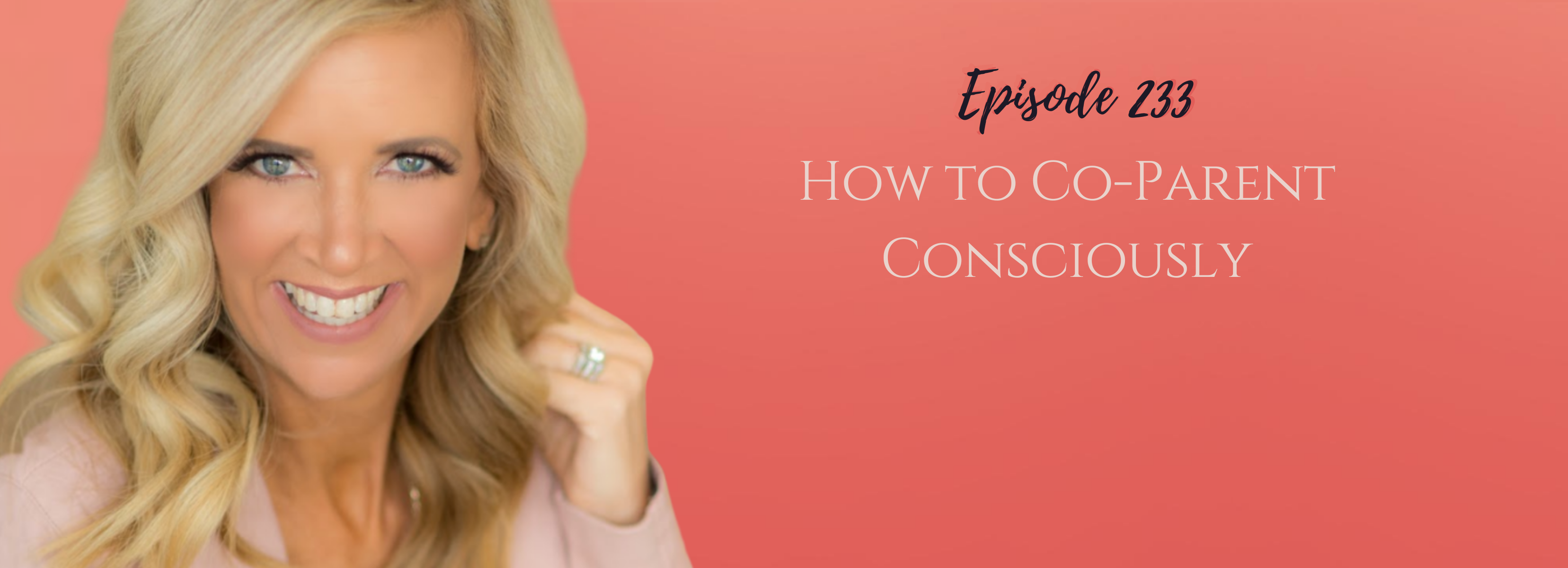
How to Co-Parent Consciously
with Mikki Gardner| 10.4.2023
In this episode, Kristen is joined by conscious co-parenting coach, Mikki Gardner, to delve into the complexities of co-parenting and effective communication during and after a divorce. They discuss practical strategies to enhance communication, set boundaries, and prioritize self-awareness, emphasizing the importance of making choices that promote a peaceful co-parenting dynamic.
You'll Learn
- The three crucial steps to conscious co-parenting.
- How to navigate triggers and emotional reactions in co-parenting situations.
- The power of effective communication and setting boundaries for healthier interactions.
- Practical strategies for maintaining self-awareness and making mindful choices.
- The long-term benefits of focusing on personal growth and healing throughout the co-parenting journey.
Resources
For counseling services near Indianapolis, IN, visit www.pathwaystohealingcounseling.com.
Subscribe and Get a free 5-day journal at www.kristendboice.com/freeresources to begin closing the chapter on what doesn’t serve you and open the door to the real you.
Subscribe to the Close the Chapter YouTube Channel
This information is being provided to you for educational and informational purposes only. It is being provided to you to educate you about ideas on stress management and as a self-help tool for your own use. It is not psychotherapy/counseling in any form.